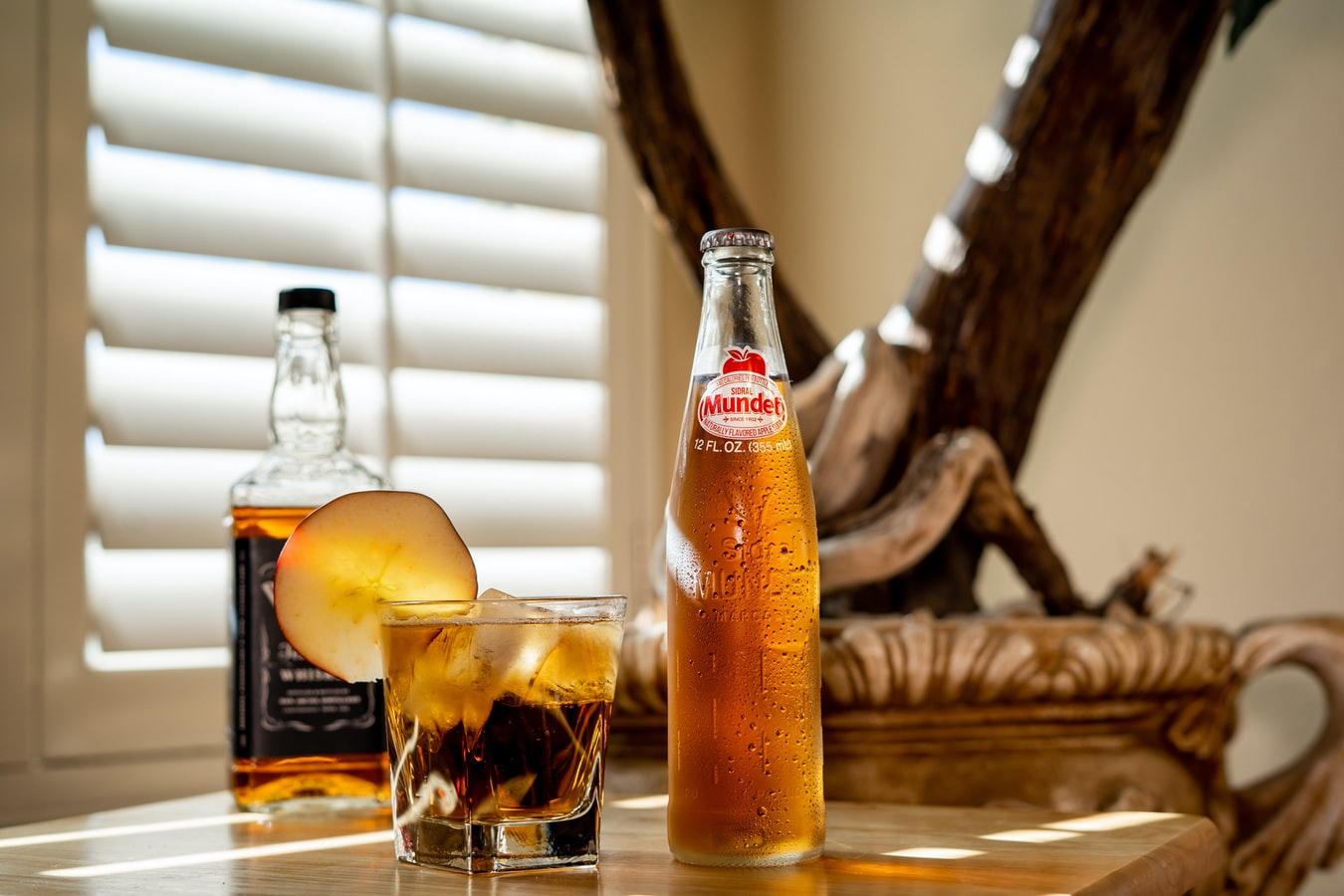South Africa is expected to expel over 200 diplomats from more than 10 African countries over the illicit peddling of duty-free alcohol, reports say.
According to IOL, the countries included Lesotho, Malawi, Burundi, Guinea and Rwanda.
On Friday, the Malawian government reportedly acknowledged that it had been informed that some of its diplomats “abused their diplomatic privileges”.
At least 17 diplomats from Malawi were expelled on Thursday last week, including Duwa Mutharika, daughter of the late Malawi president Bingu Wa Mutharika and the niece of the former president Peter Mutharika, who was defeated during the 2020 elections reruns, the report said.
In a statement, the South African Department of International Relations and Cooperation (Dirco) confirmed that the foreign envoys had been declared “persona non grata” a status applied by a host country to foreign diplomats to remove their protection from diplomatic immunity from arrest and other kinds of prosecution, according to EWN.
“The South African government calls upon all diplomatic missions accredited to the republic to respect, uphold and comply with all the laws of the land,” the department’s Clayson Monyela was quoted as saying.
Disappointment and embarrassment
Monyela said investigations into similar transgressions by other missions accredited to South Africa were “at an advanced stage and similar action will be taken should they be found guilty”.
Meanwhile, the foreign affairs ministry in Maseru, Lesotho expressed disappointment and embarrassment that several Basotho diplomats had also been declared persona non grata by South Africa, said Aljazeera.
The ministry vowed disciplinary action when the officers returned home.
The diplomats were said to have been running backyard shebeens that netted them millions of rands in cash, especially during last year’s Covid-19 induced lockdown level 5, where the sale of alcohol and booze was prohibited in South Africa, over a period of about three months.
The diplomats were allegedly buying alcohol at different duty-free shops, at very low prices as part of their privileges, then selling it at a profit costing South Africa over R100 million per month in lost revenue, IOL reported.
Picture: Unsplash


